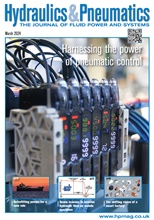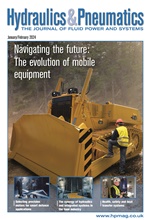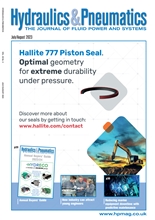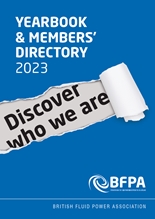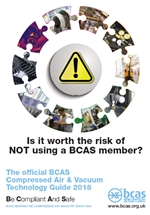- Home » Editorial » Hydraulics
Charting the right course to efficiency in the marine industry

Skills and training
Of course, each project can differ significantly in terms of the type of equipment used. Also, there can be a lack of continuity among different project teams, and they can sometimes lack a central of core of shared skillsets. “Because of this siloed regime, we sometimes find that as soon as we have finished liaising with and training one project team, somewhere else within the same company there might be another team in another geographical region that still remains rather in the dark concerning hydraulic systems,” explained Lee. “If there was more of a consolidated methodology in place regarding training that would certainly be more beneficial. General hydraulic equipment training is important, but even more important is on-site training where guidance can be given to personnel actually building and operating the equipment.”
Digitalisation
And what of digitisation, one of the current key discussion topics within the fluid power sector and engineering in general? “Many people within our industry are talking about greater levels of digitalisation, but in our experience there isn’t a great deal of this technology being utilised in practice – at least not yet,” said Lee. “However, where it has been deployed it has been proven to be very effective. One area where we have really seen customers benefit in a major way is on the maintenance side – for example, being able to analyse and plot motor current pressures, oil contamination and so on – all those indicators that give you lifespan predictions. This is very valuable for equipment lease companies because end customers within the marine sector don’t want to worry about the uptime of the machine – they just want to know what they’re paying for is going to continue to work efficiently.”
Fluid power and related equipment technology continues to develop in order to satisfy ever more demanding customer application requirements. Enhancements can be found in a number of forms; everything from more integrated electro-mechanical solutions to increased digitisation in areas such as remote monitoring for operational and maintenance purposes. Marine may be one of the most technologically demanding sectors, but the fluid power industry certainly continues to rise to the challenge.
-
Smart Manufacturing & Engineering Week
05 - 06 June, 2024
NEC, Birmingham -
HILLHEAD 2024
25 June, 2024, 9:00 - 27 June, 2024, 16:00
Hillhead Quarry, Buxton, Derbyshire UK



